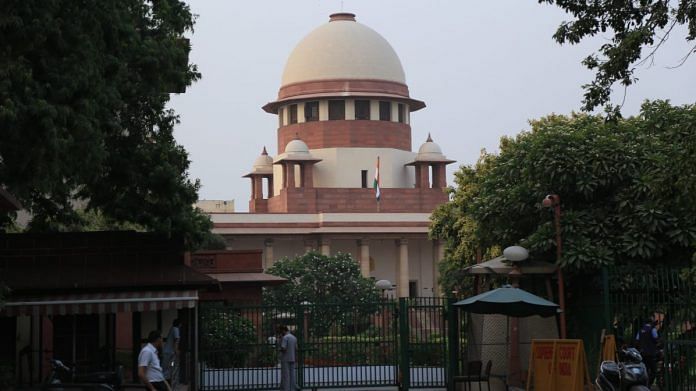Free speech is an inextricable part of democracy, and any legislation that restricts free speech beyond what is acceptable goes against the democratic principle. As a result, the law of sedition always sparks heated arguments across India. Both before and after Independence, the court has always presented different interpretations of the law. The federal court and the privy council have always been on opposing sides. In Kedar Nath v State of Bihar, the Supreme Court held that sedition laws are constitutional.
Section 124A of the Indian Penal Code (IPC), a colonial remnant that has no place in a democracy, is still used to register sedition charges and stifle the voice of dissent. It restricts the legitimate exercise of constitutionally protected freedom of speech and expression. The British, who first used sedition to control Indians, have now repealed the same in their own country. Not only Britain, South Korea, Scotland, Indonesia and the US (struck down major parts) have also done away with this law. So, there is no reason why India should keep this section in place. In a healthy democracy, dissent and criticism of the government are necessary ingredients for lively public discourse. They should not be termed as sedition and blocked. The phrases employed under Section 124A, such as “disaffection,” are ambiguous and can be interpreted differently depending on the set agenda of the ruling party. It is being used to punish political opposition. It has a broad and focused executive discretion built in, allowing for blatant misuse.
A law that doesn’t stand anymore
The International Covenant on Civil and Political Rights (ICCPR), which establishes internationally accepted norms for the protection of freedom of expression, was ratified by India, and the misuse of section 124A goes against this. Another thing worth noting is that the IPC and UAPA 2019 have provisions that penalise “disrupting the public order” or “overthrowing the government with violence and illegal means”. These are sufficient for protecting national integrity.
Section 124A was enacted by an alien power to put down any potential insurrection against its rule and system by labelling any “dissension” as sedition. It is retrogressive in character; hence it should be removed from the Indian Constitution, which guarantees equality, liberty, and fraternity for all citizens as a welfare State.
While we must keep our fingers crossed. As SC judges have raised questions on the veracity of this law. there is little doubt that Section 124A of the IPC has outlived its purpose. It was an efficient control and repression weapon during the colonial period, and it can never be considered a progressive statute in a welfare State. As a result, in the democratic India of the 21st century, it needs a quiet burial.
Mayank Khaitan is a student of Dr. B.R. Ambedkar National Law University, Haryana. Views are personal.



